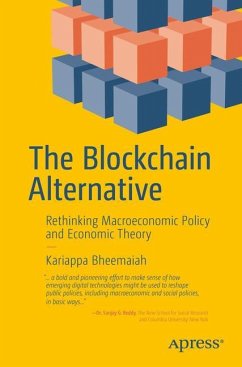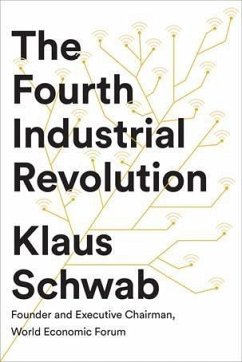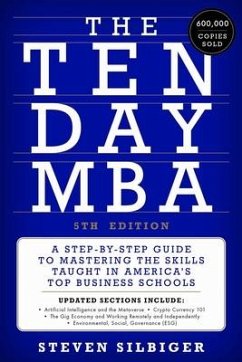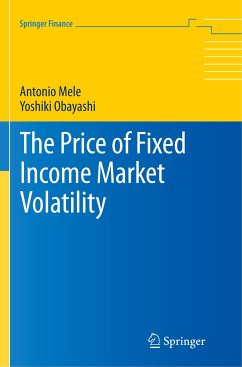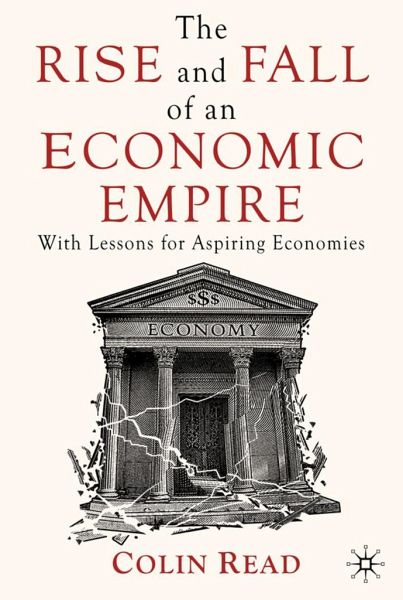
The Rise and Fall of an Economic Empire
With Lessons for Aspiring Economies
Versandkostenfrei!
Versandfertig in 6-10 Tagen
38,99 €
inkl. MwSt.
Weitere Ausgaben:

PAYBACK Punkte
19 °P sammeln!
While many authors have documented empires maintained through military strength, power derived solely from economic might is a more modern phenomenon. These different sources of power share one important characteristic, though. There is an inevitability to the decline of empires that rest on either foundation. There are also lessons to learn from every empire. Just as earlier empires based on military or colonial power experienced spectacular ascendancies and subsequent declines, modern economic empires are no less fragile. The overextension, overconfidence, and underinvestment that lead to th...
While many authors have documented empires maintained through military strength, power derived solely from economic might is a more modern phenomenon. These different sources of power share one important characteristic, though. There is an inevitability to the decline of empires that rest on either foundation. There are also lessons to learn from every empire.
Just as earlier empires based on military or colonial power experienced spectacular ascendancies and subsequent declines, modern economic empires are no less fragile. The overextension, overconfidence, and underinvestment that lead to the demise of military or colonial empires have their analogies in economic empires. An economic superpower grows based on its strengths, is fueled by its successes, but declines as its values are transformed and economic arrogance dilutes its hegemonic powers.
Colin Read describes the various factors that give rise to economic empires, and documents how these same forces eventually lead to their downfall. By analyzing the successes of each factor and the reasons why each falters, he offers insights into ways to sustain economic relevancy. He also offers lessons to aspiring economies so that they may best leverage and manage their growth and avoid the problems that beset less carefully designed economies.
In doing so, Read gives us an interesting and provocative glimpse into the current global dynamic in which the United States, the world's first true economic empire, struggles to maintain its global economic supremacy in the face of a rapidly growing China that shall soon challenge it as the world's largest economy.
Colin Read shows that the very strengths that allow new global superpowers to dominate through economic rather than military prowess eventually give way to forces that create their own economic demise
Just as earlier empires based on military or colonial power experienced spectacular ascendancies and subsequent declines, modern economic empires are no less fragile. The overextension, overconfidence, and underinvestment that lead to the demise of military or colonial empires have their analogies in economic empires. An economic superpower grows based on its strengths, is fueled by its successes, but declines as its values are transformed and economic arrogance dilutes its hegemonic powers.
Colin Read describes the various factors that give rise to economic empires, and documents how these same forces eventually lead to their downfall. By analyzing the successes of each factor and the reasons why each falters, he offers insights into ways to sustain economic relevancy. He also offers lessons to aspiring economies so that they may best leverage and manage their growth and avoid the problems that beset less carefully designed economies.
In doing so, Read gives us an interesting and provocative glimpse into the current global dynamic in which the United States, the world's first true economic empire, struggles to maintain its global economic supremacy in the face of a rapidly growing China that shall soon challenge it as the world's largest economy.
Colin Read shows that the very strengths that allow new global superpowers to dominate through economic rather than military prowess eventually give way to forces that create their own economic demise










